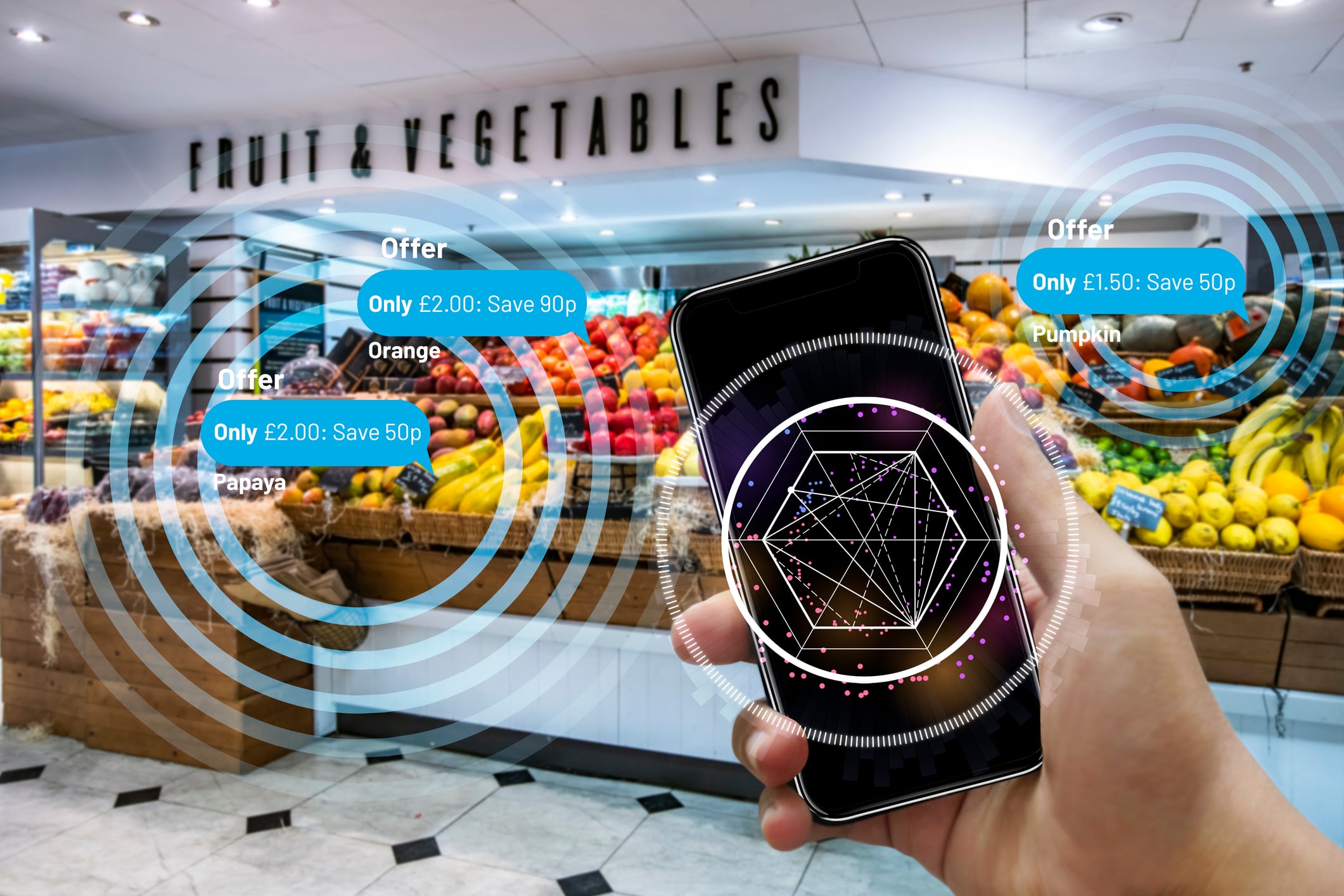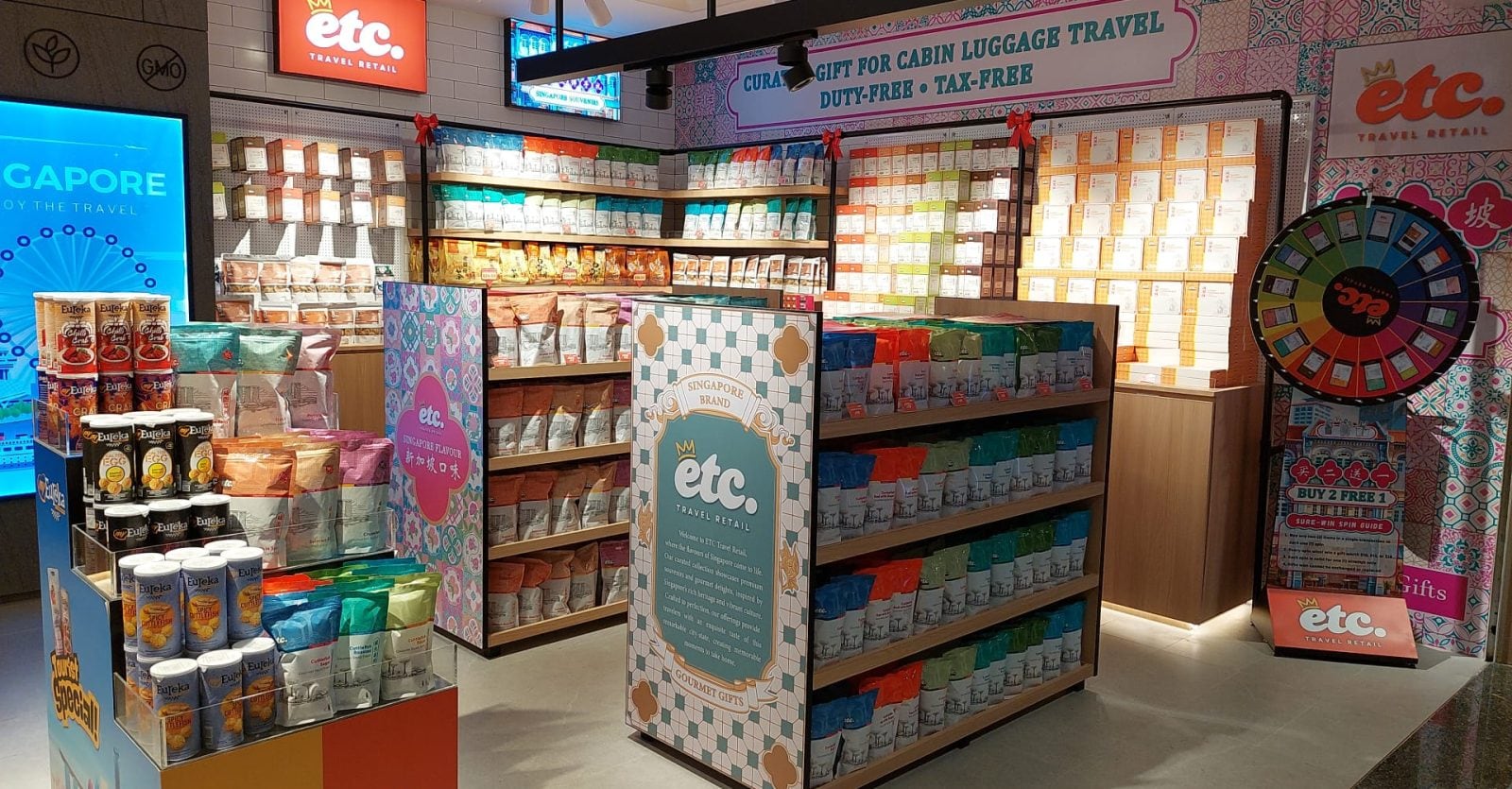AI is influencing both e-commerce and brick-and-mortar retail, especially in Asia, where consumers are more receptive to its use, said experts at the Growth Asia Summit 2025.
“In terms of the retail landscape, AI will obviously be a major disruptor. We’re already starting to see it appear in various ways – both online and offline,” said NielsenIQ’s APAC Executive Director for Consulting and Insights Craig Houliston.
This is increasingly prevalent in Asia, where consumers are more receptive to AI compared to those in other regions.
Asian consumers more open to AI than global peers
GlobalData Key Accounts Director for Southeast Asia Tim Hill noted that consumers in the Asia-Pacific region are more receptive to AI-generated recommendations than those in other parts of the world.
This aligns with data from NielsenIQ.
“A NielsenIQ survey revealed that 45% of Asia-Pacific consumers would use an AI tool to save time and money through automatic purchasing,” said Houliston.
“That’s a significant number. It’s not far-fetched to imagine people saying to an AI platform, ‘I have $50 to spend – I still want my M&M’s but give me the best deal on everything else.’”
Such tools are available on AI chatbots like Perplexity, which help streamline budgets and influence purchasing decisions.
Houliston added that OpenAI’s acquisition of hardware start-up io could lead to a new category of devices that integrates AI into daily life.
This broader accessibility means consumers can increasingly rely on AI for shopping decisions, regardless of the platform.
He said: “ChatGPT-4 has replicated Perplexity’s approach, helping to democratise the process, making it available to mainstream users. Add to that OpenAI’s acquisition of io, and you’ll see devices increasingly working to streamline consumption.”
As AI increasingly takes over decision-making and purchasing tasks, consumers are becoming less concerned about where a product comes from – as long as it offers speed and convenience.
This shift is blurring traditional retail boundaries, with brands and products appearing across a mix of channels and platforms.
“What this shows is that retail boundaries are blurring. Consumers don’t care where the product comes from – M&M’s might come from the corner shop, Coca-Cola from Deliveroo, and skincare from Watsons. They just want convenience.
“And because of that, brands will need to be omnipresent, and AI will be key to making the whole process seamless,” said Houliston.
As decision-making becomes increasingly automated, this evolution will require both retailers and manufacturers to adapt — ensuring their products are discoverable, available, and delivered quickly, regardless of platform.
This raises an important question: How do AI algorithms on e-commerce platforms personalise user experience and shape product visibility?
AI algorithms on retail platforms
AI algorithms work differently across various e-commerce platforms, meaning brands must tailor their strategies accordingly.
“For keyword-oriented platforms like Lazada or Shopee, rankings depend on keyword optimisation, organic traffic, pay-per-click (PPC), and ad spend,” said ezCommerce CEO Dvir Cohen.
“On TikTok or Shopee Live, visibility hinges more on follower count and user engagement, while China’s Tmall prioritises brand credibility and storytelling.”
Because product visibility on e-commerce platforms is largely dictated by each platform’s unique algorithm, understanding how these systems work is key for brand success.
“Understanding each platform’s algorithm is crucial. Only then can you decide what to sell and how to push your products,” said Cohen.
AI can influence purchasing behaviour – even offline
Even offline, AI is making an impact.
In Hong Kong, health and beauty chain Mannings (the local name for Guardian) has launched a flagship store at the IFC Mall with integrated AI features. Consumers can book tests for metrics like blood sugar or fat levels, and receive personalised product recommendations based on results, said Houliston.
Another example is a Colgate booth that scans plaque levels and recommends suitable oral care products.
Such tools raise awareness and drive consumption.
“These kinds of experiences help drive consumption by creating awareness – if you don’t know you have a problem, you won’t address it. Once AI makes you aware of it, you’re more likely to take action,” he reasoned.





